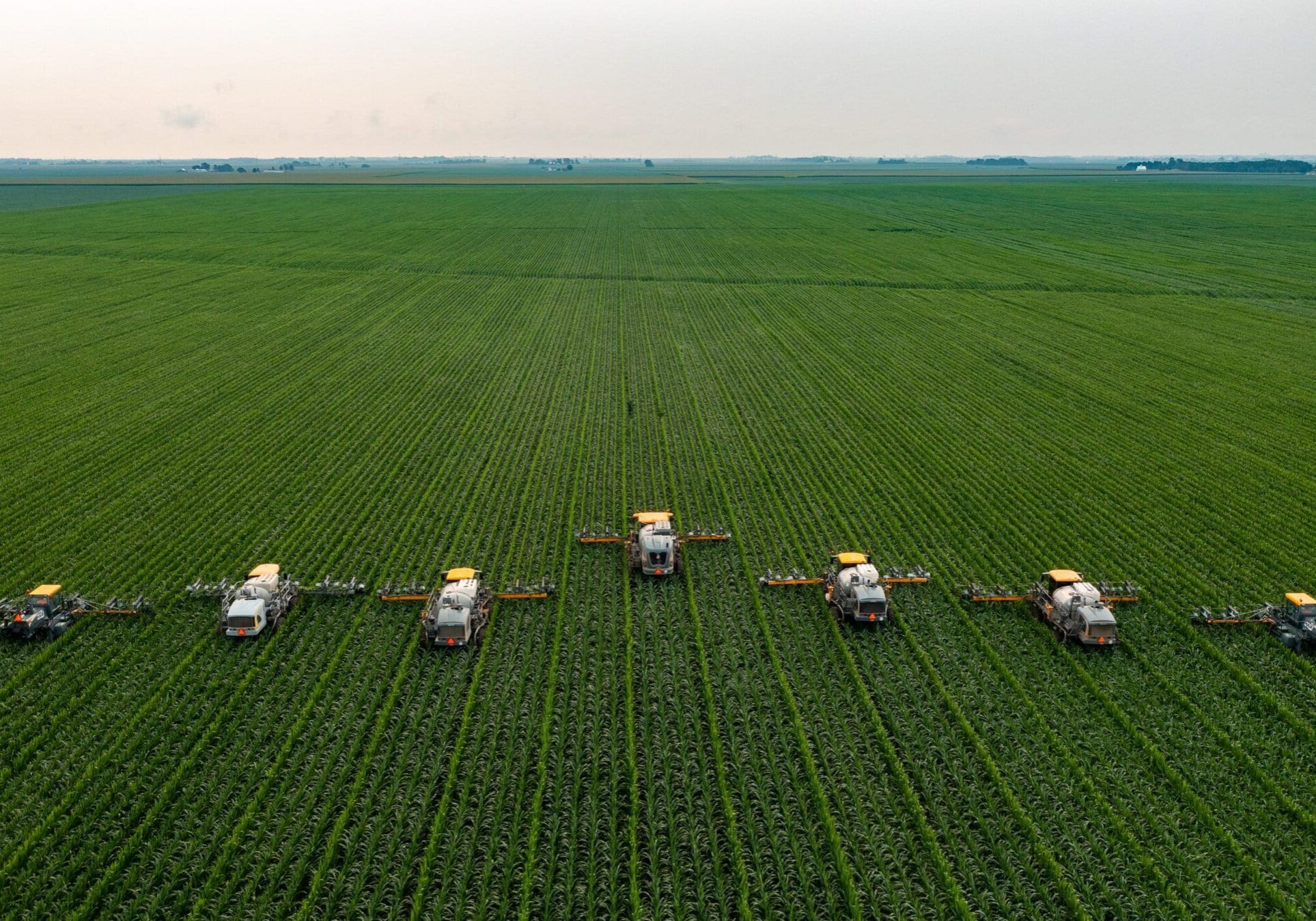Farming
Like most countries, farming has played a critical role in the economic success and survival of the United States. Thomas Jefferson was an advocate of the farmer, and believed that the self-sufficiency derived from small, family farms was key to avoiding the inequalities surfacing in the manufacturing cities in Europe. At the time of Jefferson, more than 80% of Americans were farmers.


Modern Agriculture
Today, the industrialization of the American agriculture system has put most family farms out of business. Regulatory agencies, government policies and farmer subsidies currently favor agricultural chemical companies and their products, giving rise to GMO and chemical-intensive monocrop megafarms. These policies directly contribute to the toxicity of our food supply.
Regulators
EPA
The Environmental Protection Agency (EPA) is responsible for evaluating the potential harm from chemicals to human health, and has incorrectly stated that there is no evidence that glyphosate poses a danger of negative health effects.
The EPA is tasked with setting limits to the amounts of pesticides in food, though historically those limits have increased corresponding to farmer requests vs research-based assessment of potential health concerns.
USDA
The United States Department of Agriculture (USDA) is an enormous agency that oversees agricultural policy implementation, nutrition research and marketing of US agricultural products.
The USDA food regulatory department is The Food Safety and Inspection Service (FSIS). The FSIS regulates the national supply of meat, poultry, and eggs. The USDA also oversees the National Organic Program (NOP).
FDA
The Food and Drug Administration FDA is tasked with regulating food safety, and plays a role in the marketing of GMOs, glyphosate, and chemical agriculture.
The intention of the FDA is to protect against unsafe and fraudulently labeled products. The FDA regulates all foods, except meat, poultry, and eggs.
EFSA
The European Food Safety Authority (EFSA) is the agency of the European Union that evaluates food safety risks, and is responsible for evaluating glyphosate safety. Despite signs in 2018 that the EU would phase out glyphosate, recent news shows that there is little intention to do so.
Farm Bill
The Farm Bill is a multiyear law that governs an array of agricultural and food programs. It is typically renewed every five years, and was last enacted in 2018. The Farm Bill is key in dictating what types of farming practices will be subsidized by the government, and whether low-chemical, regenerative agriculture will receive the financial support neccessary to begin healing our soil and bodies from the years of chemical insults
Actionable Steps
Let our regulators know that you won’t stand for the continued approval of toxic chemicals on our food. Check out Regenerate America to learn what you can do to make your voice heard in DC.
